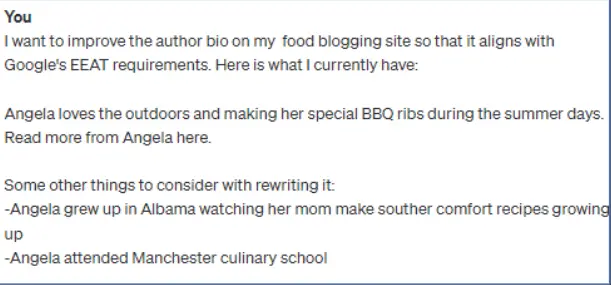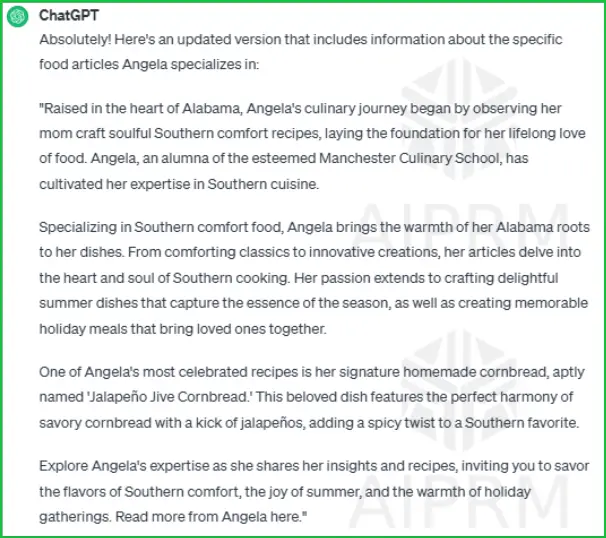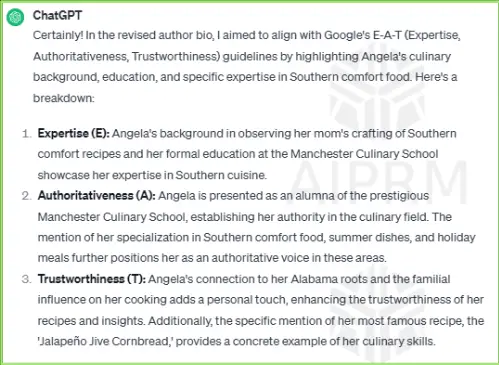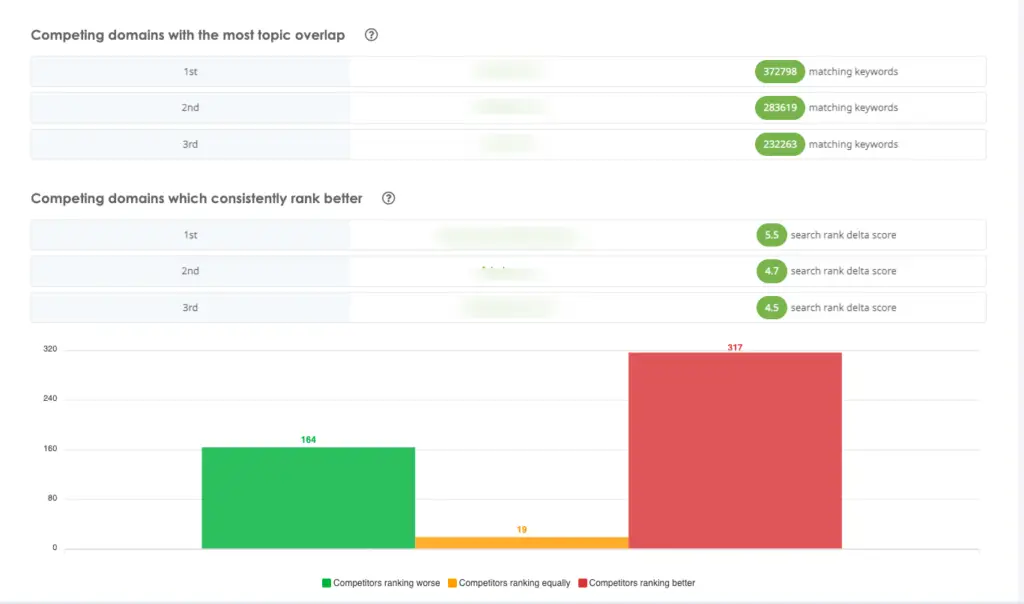In a recent webinar led by Shelby Madvig, a Publisher Success Manager at Ezoic, valuable insights were shared on utilizing ChatGPT for SEO best practices.

Shelby, who manages around 200 publishers, offered practical tips for optimizing websites in line with the latest Google algorithm updates. Her expertise, coupled with her passion for digital content, provided a comprehensive guide for niche website owners looking to enhance their SEO strategies using ChatGPT.
Three Key Strategies Using ChatGPT for SEO
Shelby emphasized the importance of staying updated with Google’s algorithm changes, particularly focusing on E-A-T (Expertise, Authoritativeness, Trustworthiness) which has become a cornerstone of recent updates. She pointed out that understanding these changes is crucial for maintaining website traffic and staying competitive in any niche, especially as we approach quarter one, where ad rates typically see a lull.
These are three key strategies website owners can instantly work into their SEO strategy leveraging ChatGPT.
Enhancing Author Biographies and About Pages
Shelby underscored the importance of author biographies and about pages in establishing E-A-T. She demonstrated how ChatGPT could be used to expand and enrich author bios, making them more detailed and engaging. This step is critical in building authority and trustworthiness, as emphasized by recent Google updates.
Providing information about who wrote the article on your site is important, it helps your users know why the writer can be trusted and what their experience is. The same goes for your about page.
Begin by sharing your author bio with ChatGPT and giving it parameters to better understand what you’re looking to improve. With ChatGPT, you can be specific about what information you want to convey or omit, the tone you want, and any compliance rules you’d like your author bio to follow.



Implementing Schema on Your Site
Another critical aspect covered was the use of schema, a structured data markup that helps search engines understand the content on web pages. Shelby explained how ChatGPT could assist in creating schema for different types of content, thereby enhancing the visibility and click-through rates of web pages in search results.
Schema is a structured data markup that helps search engines understand content on web pages. It provides context to your content, making it more comprehensible to search engines.

Schema increases the likelihood of ranking higher in search results and boosts click-through rates (CTR) by providing more detailed information in search results.
Publishers should use schema to provide structured information about products, services, events, or other content. In reality, every time you publish an article, schema should be used.
Here’s how to leverage ChatGPT for Schema:
- Prompt ChatGPT for schema creation:
“What type of schema should I implement for this article I wrote?”
“Will you create XX schema for this article I wrote?” - Manually add schema to your HTML:
Use structured data generators or plugins for popular CMS platforms.
Schema.org, Technicalseo.com, Yoast. Finally, test your schema with Google’s Structured Data Testing Tool.
Optimizing Articles for SEO
The final tip focused on overall article optimization. Shelby shared how ChatGPT could compare your content against Google’s guidelines and a competitor’s content, providing insights on how to improve SEO performance. This comparison allows niche website owners to understand where their content stands and what changes are necessary for better ranking.
- Insert Google target guidelines to ChatGPT: “Here are Google’s guidelines on creating reliable, helpful, people-first content: Creating helpful, reliable, people-first content”
- See how your content ranks: “Can you compare this content against the Google guidelines provided and come up with a list of recommendations on how the content can be more closely aligned with Google’s guidelines? Here is the content: _______”
- Conduct competitor analysis: “I have provided a competitor’s article on the same topic as the content above. Using this information, create insights on how my content can better compete with my competitors”
Ezoic users can access a detailed and current competitor analysis report within NicheIQ in Topics > Competitor Overview. Competitor Overview shows your competing domains with the most topic overlap, and which competitors are ranking equally, worse, or better.

Concluding Thoughts and Recommendations
Shelby concluded the webinar by emphasizing the importance of being intentional when using ChatGPT, highlighting the need for human revision of AI-generated suggestions. She encouraged participants to utilize resources like Google’s guidelines and their own content to feed into ChatGPT for more tailored outputs. Additionally, she recommended using Ezoic’s NicheIQ and page booster tools for further insights.
By focusing on E-A-T, implementing schema, and optimizing articles, niche website owners can significantly improve their sites’ performance in search engine results. Shelby’s insights provide a roadmap for anyone looking to leverage AI tools effectively in their SEO efforts.
If you are an Ezoic publisher, you can watch a recording of Shelby’s webinar here. Weekly Walkthrough webinars happen every Wednesday, check out past recordings and register for future events here.


